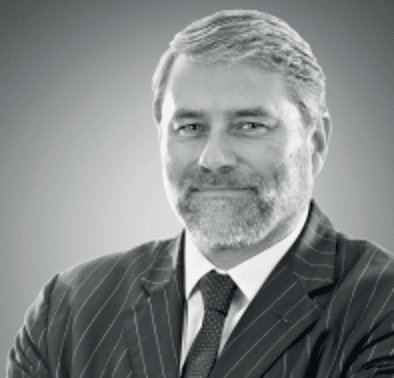
 WasteCon report from WBA President David Newman
WasteCon report from WBA President David Newman
This week I visited South Africa to attend WasteCon 2018 expo and conference in Johannesburg, at which WBA shared an exhibition stand with members Clarke Energy and ALPS Ecoscience and spoke in the conference sessions.
The expo was attended by several hundred people over the two days, whilst the conference sessions saw wide and interested participation from delegates from all over South Africa. Wade McRoberts from ALPs, Alex Marshall from Clarke Energy, WBA Advisory Board member Freek van Ejik of the Dutch Circular Economy Hotspot, and I spoke in a session on biogas that ended with the signing of a Memorandum of Understanding with the Southern African Biogas Industry Association (SABIA).
SABIA’s Chairman Jason Gifford and his colleagues Mark Templeton and Alberto Borello also spoke in the conference. A highlight was the unexpected presence at our meeting of Ad Lansink, the retired Dutch politician best known for introducing the Waste Hierarchy into the EU Waste Framework Directive – a piece of our history and a warm, charming personality to have with us. He very kindly signed and gave me a copy of his new book, Challenging Changes; and in return I gave him a copy of the WBA/C40 Global Food Waste Management report.
Over the two days we talked with businesses, government, municipality officials, and consultants about the biogas industry in South Africa. Firstly, there is not much of an industry – it is still very much in its infancy and there are no externalities built into the waste or energy system that disincentivise environmentally damaging behaviour. Landfill costs are close to zero or zero. Coal is abundant and cheap. The government is under-resourced. Understanding of the benefits of biogas is still very low.
Yet something is moving. South Africa is a signatory to the Paris Agreement and must reduce its greenhouse gas emissions. Biogas offers a simple technological solution to do this. Food waste collections are beginning in some parts of Johannesburg and in Cape Town; off-grid installations are being looked at by industries because of the time and costs related to grid connections; around 80% of sewage treatment plants don’t yet have biogas systems, which presents a real opportunity; large agri-industry complexes are still allowed to dump most of their waste but are aware of the heightened risk of doing so; and Scania is rolling out biogas trucks, collection lorries and buses in cities where air quality is a major issue. Click here to see Scania’s presentation at WasteCon 2018.
Things are moving forward but at a very slow pace. It reminds me of Brazil in the period around 2010, when the new waste laws were introduced. Everyone was enthusiastic and ready to invest. Then the Lula Government was overthrown and no new environmental legislation was subsequently implemented – everything came to a halt. This should remind us that countries can go backwards too. The worry with South Africa is this: is there momentum to build upon that will drive environmental standards higher? Will the government commit to enforcing and complying with climate change targets? Will the monopoly hold over public services like energy, water, and waste be loosened to allow partnerships or private investment?
WBA will work over the coming months with SABIA to help develop policy proposals to improve the prospects of renewable gas in South Africa. This will include: our next seminar on food waste (focusing on the WBA/C40 report) with cities and SABIA members planned for December 10th; speaking at their annual biogas event in March 2019; and bringing a delegation of officials and businesses to the ADBA/WBA trade show and conference next July in the UK.
You must be logged in to view the rest of the content on this page.
To request a login and password, contact us at info@worldbiogasassociation.org
If you have login details, please enter them below.

